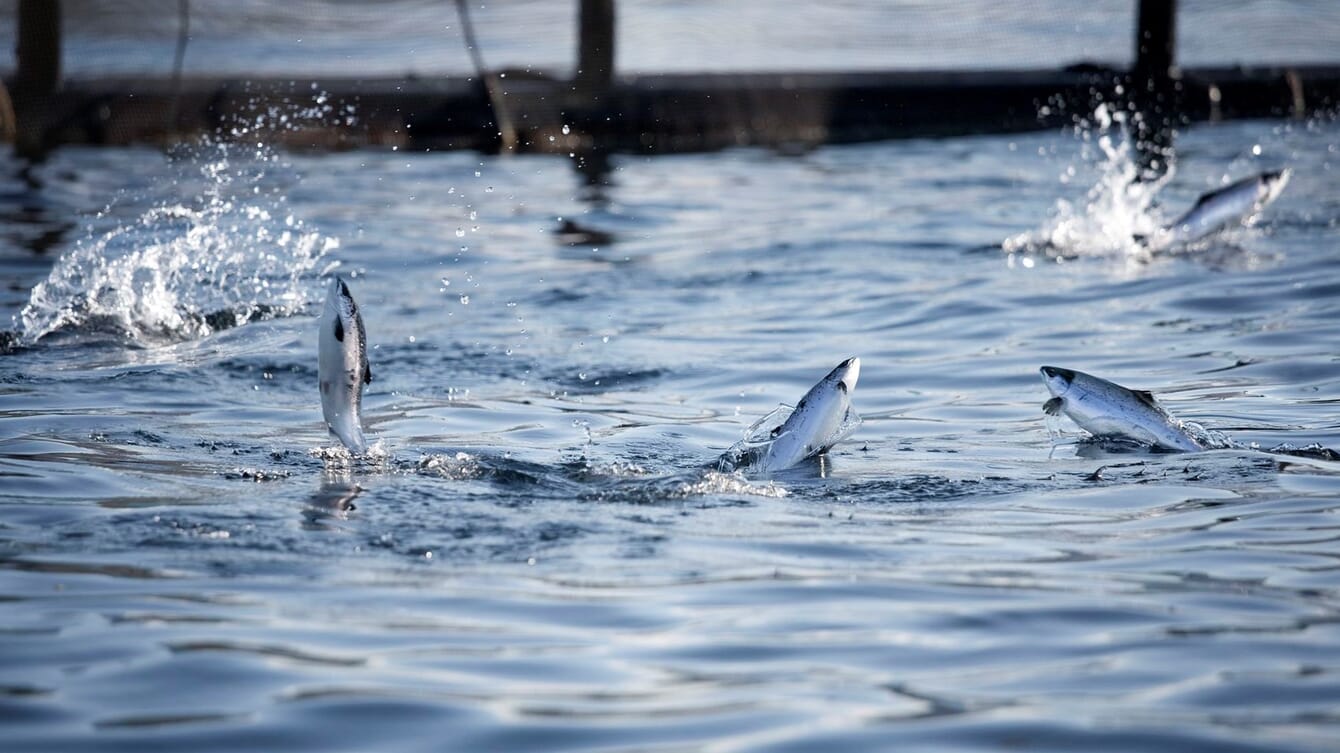
© Cermaq
So alleges the salmon farming company, following last week’s decision by Bernadette Jordan to dismiss the injunction it had filed which would have allowed the producer to complete one last transfer mature smolts to its Brent Island and Venture Point farms, in BC.
In December Jordan announced the closure of 19 salmon farming sites in the Discovery Islands by June 30 2021, following consultation with First Nations in the area, leaving producers such as Cermaq with nowhere to grow-out the juvenile fish that were already in their hatcheries. This prompted Cermaq to request permission to stock one final cohort - a request that was turned down last week.
“As an organization, we are perplexed by the decision from Department of Fisheries and Oceans Canada Minister Bernadette Jordan as salmon farming itself is in support of so many of both her, and Prime Minister Trudeau’s goals for the country – from supporting wild salmon, to the creation of a strong Blue Economy, creating food security, furthering reconciliation, and helping Canada reach it carbon targets. We know that farm-raised salmon can help support all of those efforts,” said Cermaq Canada managing director, David Kiemele, in a press release.
“We are also surprised to see that the Minister has ignored her department’s advice in favour of what we can only assume is a politically-driven agenda. Her recent decision to revoke 60 per cent of commercial fishing licenses in BC – again blindsiding the commercial fishers in their own words – shows her lack of understanding of rural coastal communities, First Nations’ rights and the reconciliation process, and the role that all seafood needs to play in order to support a growing global population.”
According to Cermaq, documents obtained by the company through the court process show that DFO staff reviewed Cermaq’s request for two final Introduction and Transfer permits, and based on existing criteria and DFO’s own science, research and opinion, recommended that Minister Jordan approve the applications, but she ignored it nonetheless.
“Initially, we had believed that the Liberal government of Canada was one which built on the principals of inclusivity and was led by a belief and trust in Canadian-led research and science, as well as fundamental support for further truth and reconciliation in Canada. From where we stand today, it appears that the decisions coming from both Ottawa and Nova Scotia are not in fact supportive of these positions but are instead aimed at securing urban Liberal votes. Once again, a hardworking sector is blindsided and deemed unimportant in the face of an upcoming election,” added Kiemele.
Concern for First Nations
Leading up to this point, Cermaq Canada had been working with the Wei Wai Kum Nation – in whose territory both the farms are located. In April, the Wei Wai Kum Council voted unanimously to support an agreement between the Nation and Cermaq. The agreement would have allowed for shared wild salmon conservation initiatives, an economic transition, capacity building, the creation of a Guardian program (Nation oversight of Cermaq’s operations in its territory), and knowledge sharing.
“We are perplexed as to why we find ourselves in this position. Both the Nation and Cermaq have been working hard to find middle ground and offer solutions to Minister Jordan which would not only support her plan to develop a Blue Economy and support wild salmon, but also support the overall Liberal governments commitment to truth and reconciliation in Canada,” says Cermaq Canada sustainable development director, Linda Sams.
“In the coming days we will be looking to further understand the decision as well as reaching out to the Wei Wai Kum Nation to determine how we can support them. Overall, this is a sad day for us as an organization, for our employees and the local communities who rely on local industry such as salmon farming. It is also a blow to First Nations and their struggle to assert self-determination and to have their rights recognized within their own territories.”


